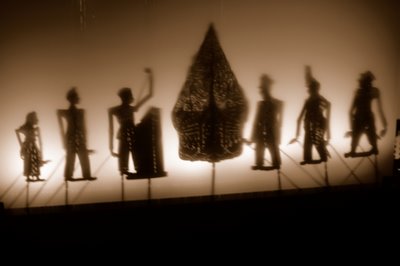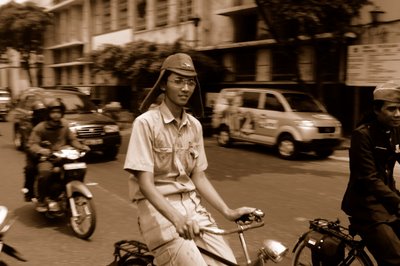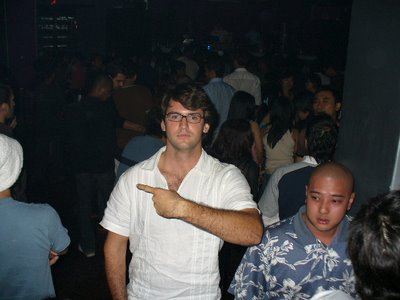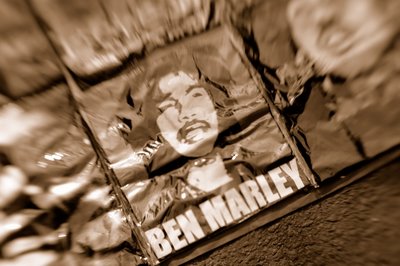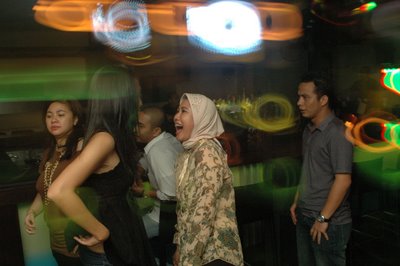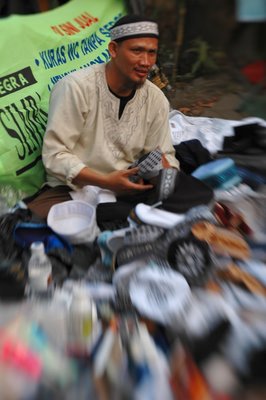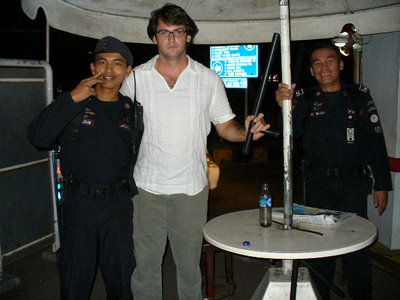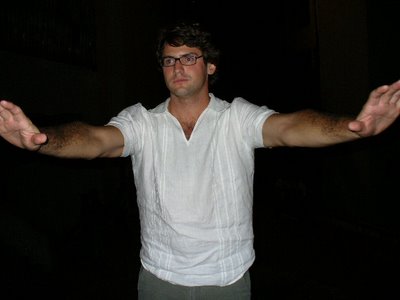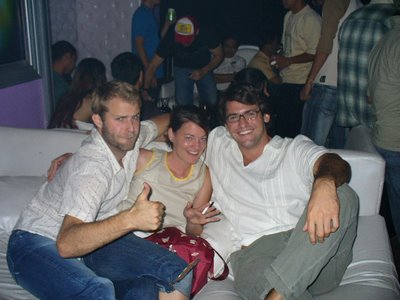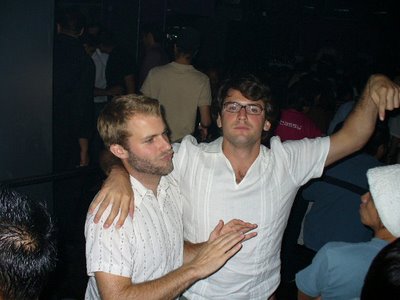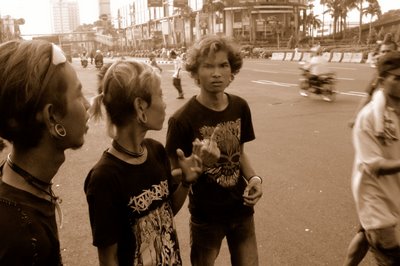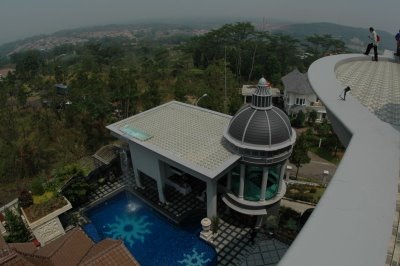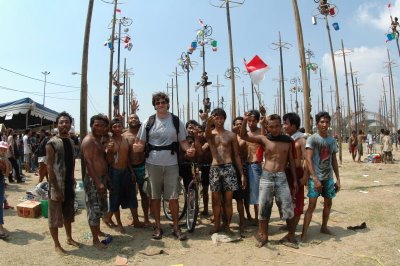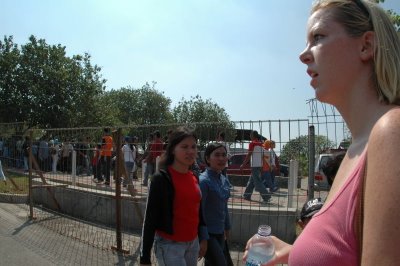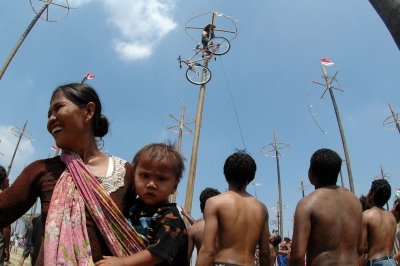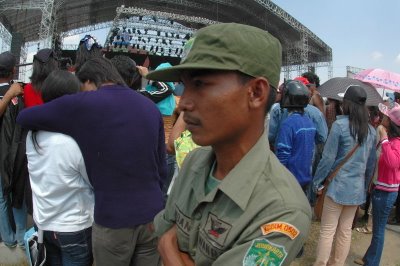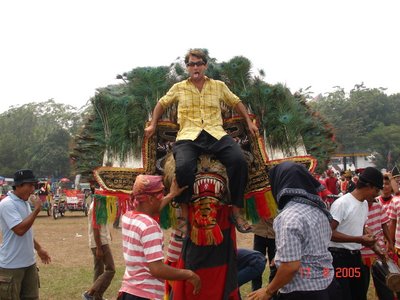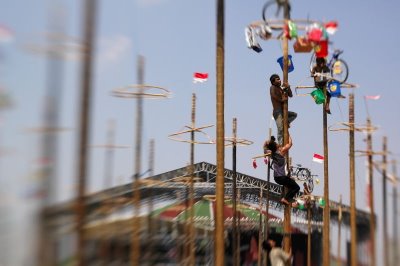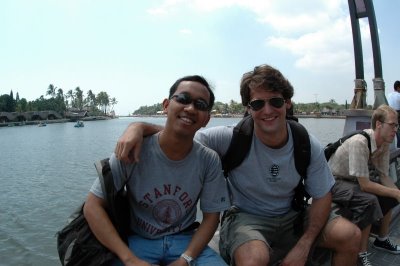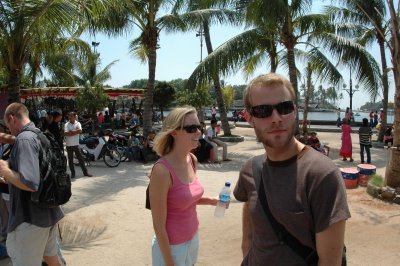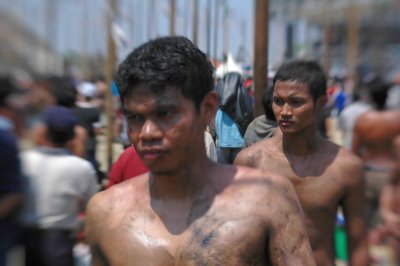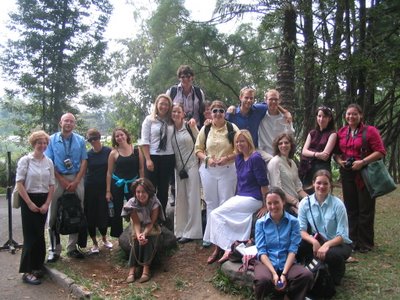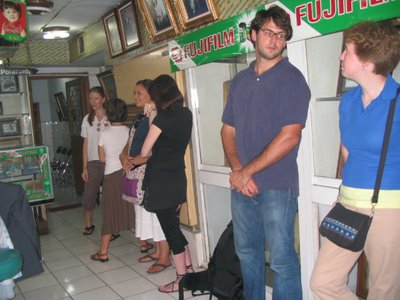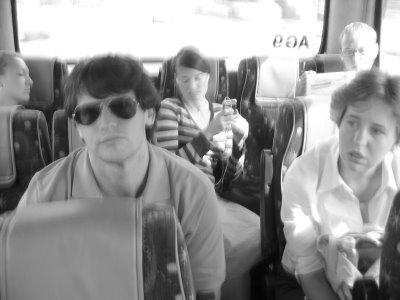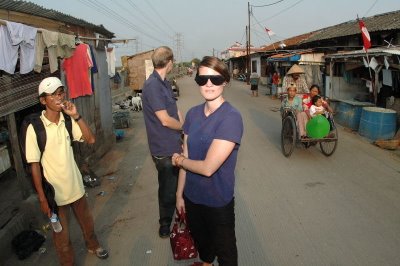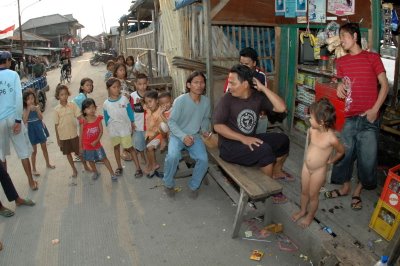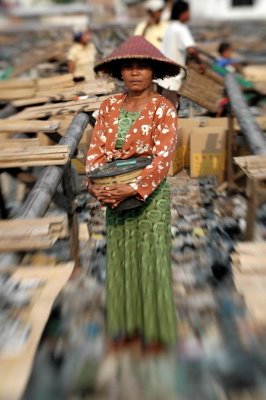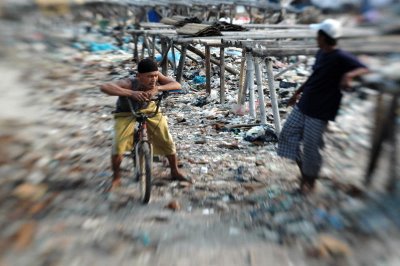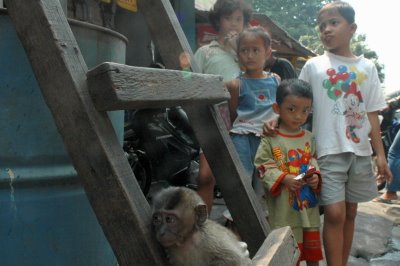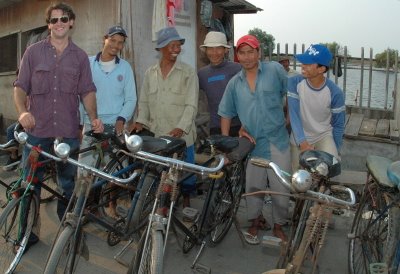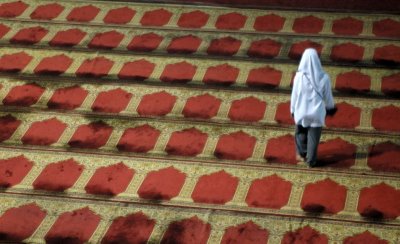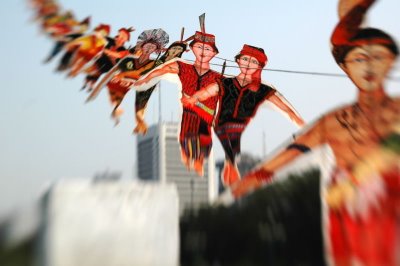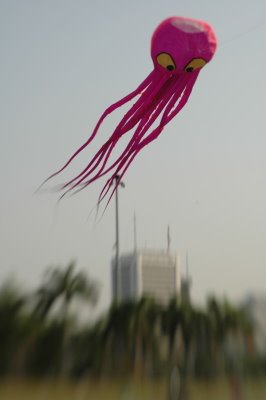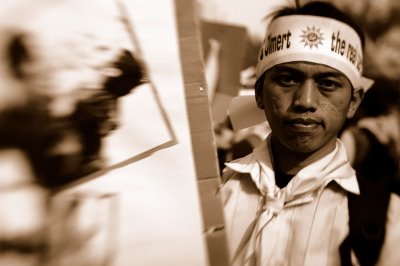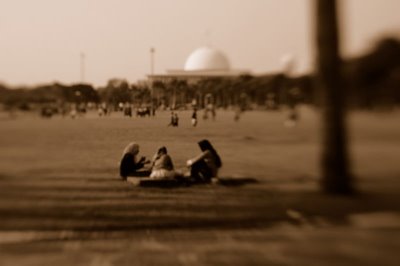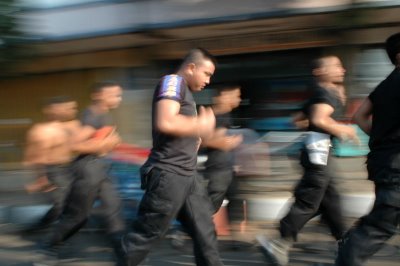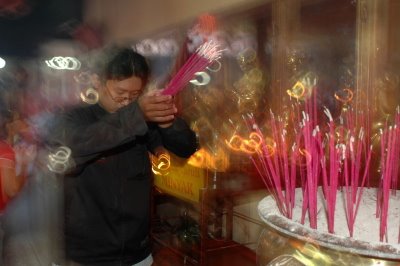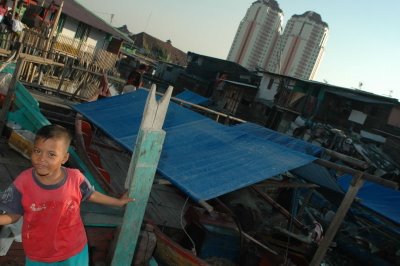Walt Whitman wrote, “The core of democracy is the religious element.” In Indonesia, his words ring especially true. The entire nation is currently wrestling with itself over the future of its seven year-old democracy and how – or in extreme cases, if – it can be reconciled with the majority’s dedication to Islam.
I believe in America the Inspiration. We are a democracy and country that, relatively speaking, works quite well. Over the past two centuries, our government and society have been models for the rest of the globe. Our business and political successes, our commitment to humanitarianism, and our unprecedented ability to create the goods and services that the world craves have made us the contemporary equivalent of Rome. But, confronted with a new millennium and a new global system, we must ask ourselves what kind of America we want the world to see in the twenty-first century. Perhaps more importantly, we must also come to terms with the kind of world that we want to inspire.
In his inaugural address, President John F. Kennedy pledged America’s commitment “to those peoples in the huts and villages across the globe struggling to break the bonds of mass misery… [We promise] our best efforts to help them help themselves, for whatever period is required – not because the Communists may be doing it, not because we seek their votes, but because it is right.”
Foreign aid is no longer just a hand-out, but a mechanism for counteracting terror before it starts. While the ideological right and left long stood on opposite poles on almost every international issue, today, that is no longer true. Especially on humanitarian matters, in which religious conservatives have expressed a special interest, the two extremes overlap. As did Kennedy, both sides recognize not only a moral obligation, but a practical interest in helping those in direst need. It is in all of America’s best interests to provide the scaffolding with which developing nations can construct their own functional societies and economies.
It is unclear, however, when our policy of helping became the propagation and idolization of opulence. The desire to accumulate is our main export today. Look at my last entry (Versailles of the East) for an intimate look at what happens when liberal economic policies succeed. The result is the same the whole world over. The success of the nouveau riche often results in the same staggering displays of wealth and status that I witnessed last weekend. The extremely wealthy should by no means be told what to do with their money. But it struck me that such ostentatious and frankly gratuitous spending only feeds the fires of resentment that the U.S. is trying to quell.
As George Bernard Shaw observed, “The reasonable man adapts himself to the world; the unreasonable one persists in trying to adapt the world to himself. Therefore, all progress depends on the unreasonable man.” Osama bin Laden and his acolytes advocate a world view that consists of resentment, envy and guilt. They are focused on old injustices, not future opportunities. Where America stands for the values of “freedom,” “liberty” and economic prosperity, bin Laden and other militant, radical Islamists demand that their followers embrace an “unreasonable” view of mirthless consolation. They do not offer tangible ideas for improving the lives of people here on Earth. Rather, their morality is of the most selfish kind, where all citizens of the world suffer for the glory of a few. Radical Islamists demand that the Global North, and all those who follow our policies, apologize for seeking longer, healthier, and happier lives.
Unfortunately, as of late, the United States’ motives in fighting terror have been widely disparaged as insincere. Many people, and not only in Muslim societies, believe that America’s real aims are to control oil, defeat Muslims, advance the interests of Israel, and dominate the world – just as Al Qaeda has alleged. An advisory panel of the State Department reported that in many countries the United States is viewed as “less a beacon of hope than a dangerous force to be countered,” and that large majorities in Egypt, Morocco, and Saudi Arabia see “George W. Bush as a greater threat to the world order than Osama bin Laden.”
To a certain extent, since September 11, the U.S. has played perfectly into Al Qaeda’s hand. Leonard Weinberg, a terrorism expert and former-Fulbrighter, says that terrorists seek a combination of or all of the following three factors: The sowing of widespread fear, the creation of publicity for the terrorist group, and the provocation of an over-reaction by the authorities under attack. As we have witnessed in both Iraq and Lebanon, fear, publicity, and over-reaction have resulted in disastrous outcomes.
The difficulty in combating terrorism is not that the Bush administration has sought to exercise leadership on moral grounds; virtually every administration has tried to do that. “The problem,” as Madeleine Albright writes, “is that [the administration’s] rhetoric has come close to justifying U.S. policy in explicitly religious terms – and that is like waving a red flag in front of a bull.” The members of Al Qaeda envision themselves fighting a religious battle where good and evil are as real as they are to the American President. As Albright continues, “With strong leadership, the United States can bring the world together in opposition to the murder of innocent people. But we will never unite anyone around the proposition that to disagree with the president of the United States is to pick a quarrel with God.”
If the U.S. is to succeed in counteracting terrorism, we must first reevaluate the merits of propagating a world based on morality-coated greed. A recent column in the Jakarta Post read, “Despite the gloomy situation, I am still confident in saying Indonesia is a great nation. Why? Because we never look back… but continue to prepare ourselves for the incoming disasters and misery! Why should we learn from history when neglecting that history helps us feel there is nothing wrong with us?” After a month here in Indonesia, I would have to agree that Indonesians, by and large, have adopted a tragic life view. I have met countless Indonesians who work incredibly hard in order to provide themselves and their children with the possibility of having more opportunities. But, due in large part to the economic crisis of 1998, they simultaneously acknowledge that there is no sure bet.
To make a rash generalization, Americans are also by nature a perseverant and confident bunch. However, as former Secretary of State Albright said, “Confidence comes from the effort to learn all one can about a problem; self-righteousness comes from a tendency to believe that one has learned all there is to know.” It seems to me like much American public thought these days is trending towards the latter. Our flawed domestic policies prove that we haven’t yet discovered the holy grail of economic and social development.
Then why are we still held in such high regard? I think the answer may lie in the fact that we actually aren’t.



